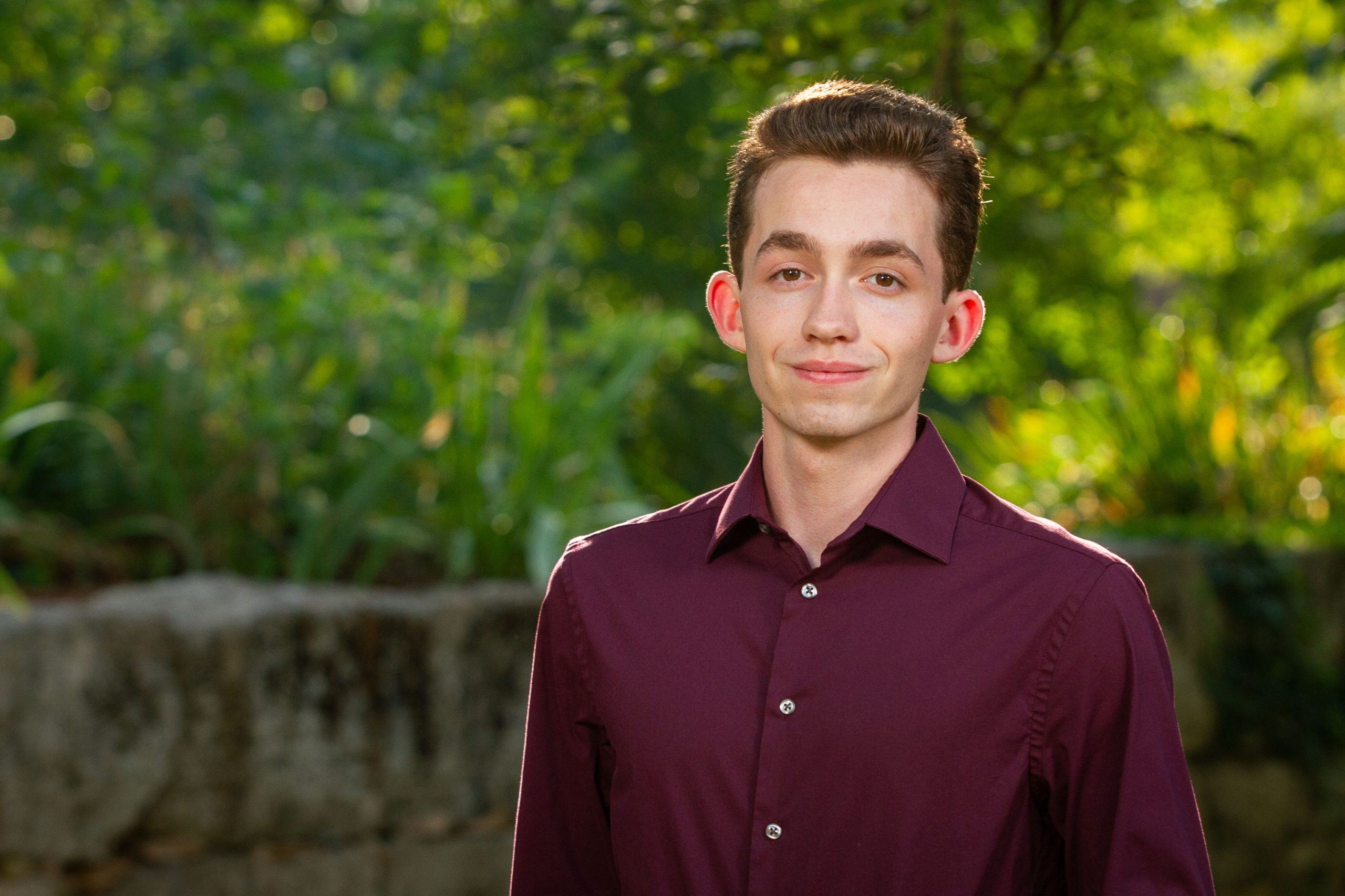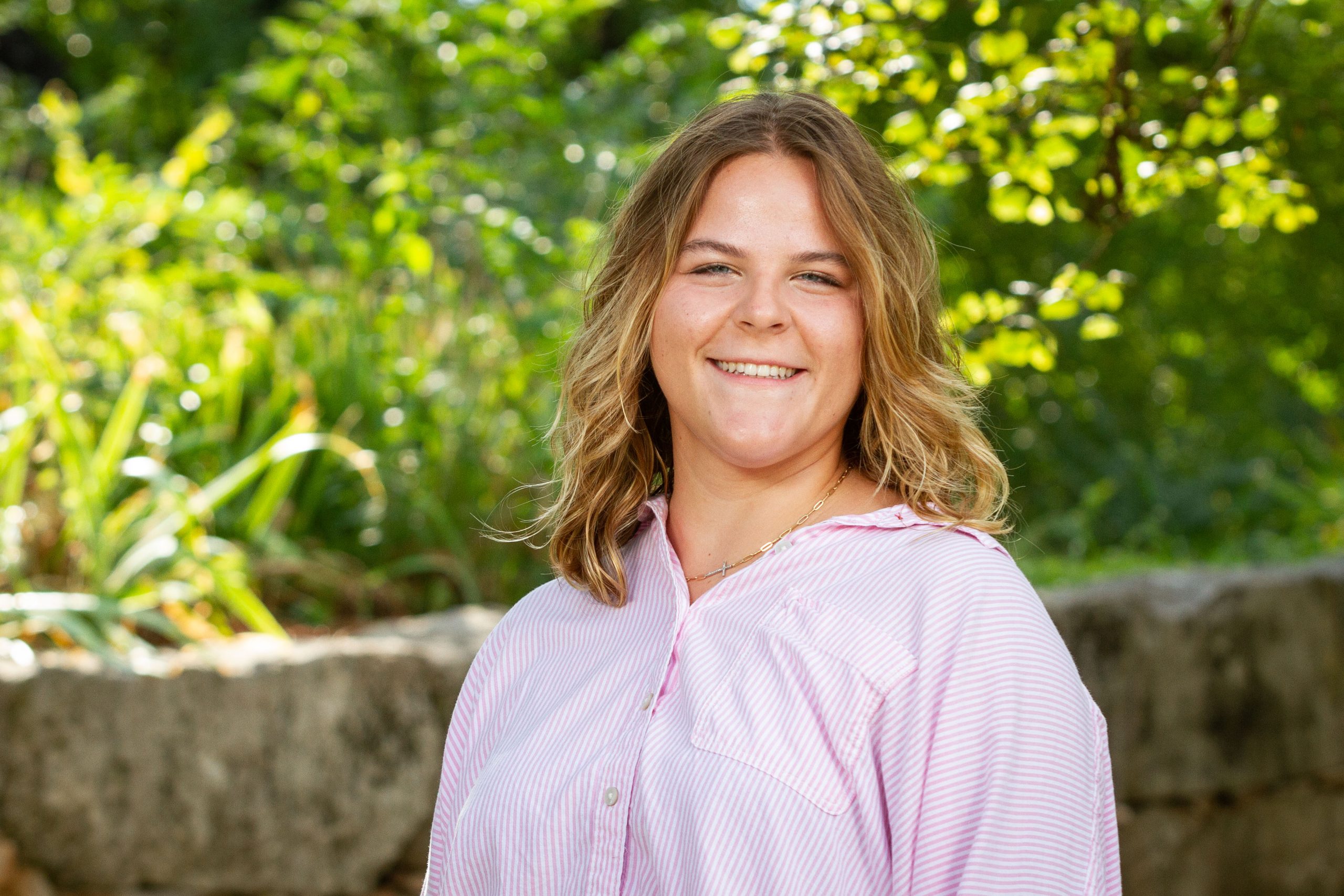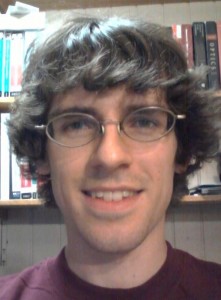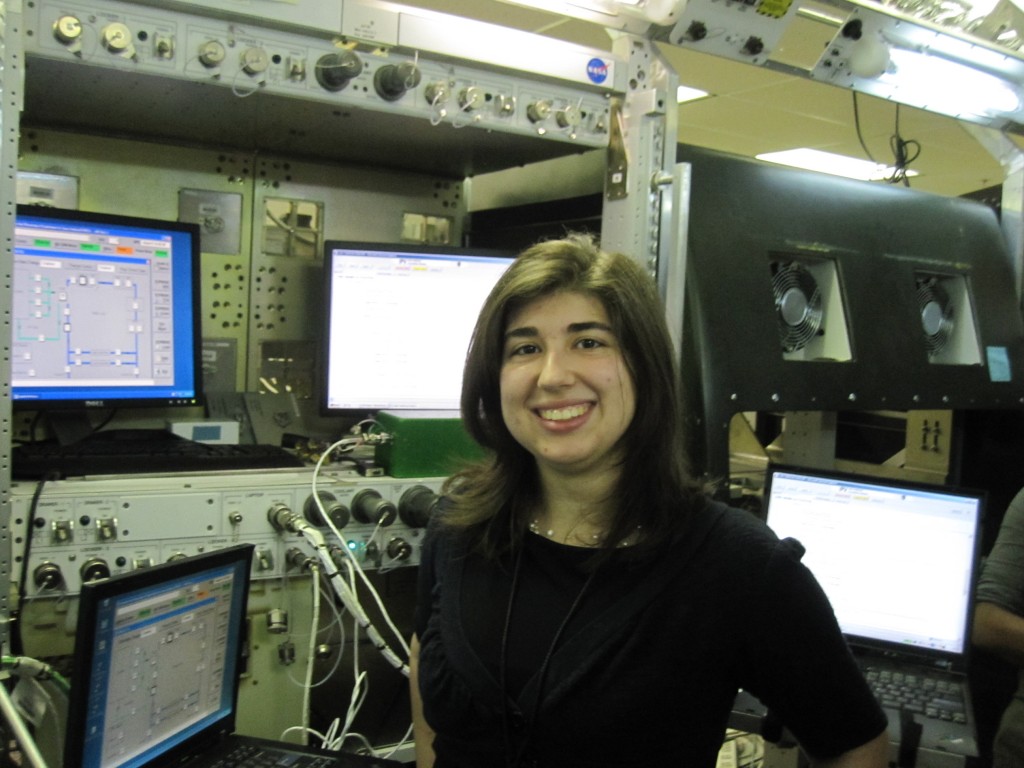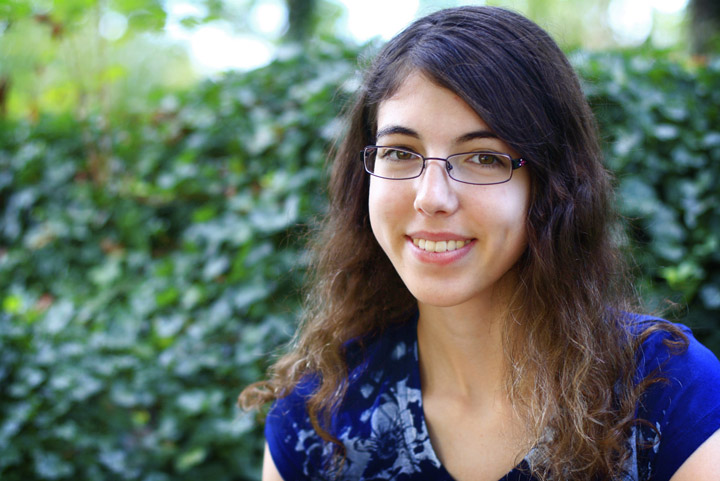Alumni 5Q: Dalton Hubble
October 5, 2012 | 5Q, Alumni, Uncategorized | No Comments
Q: Can you describe your experience at the Gatton Academy?
A: My experiences at Gatton in 2007-2009 provided me with the opportunity to break out of the sluggish curriculum at my regular school, engage with academically focused peers, and pursue my academic interest more intensely. While at the academy, I was able to explore my STEM interests, take introductory classes at WKU, and perform research in university laboratories. The early start in collegiate technology fields gave me time to explore possible careers in chemical engineering and physics, before I decided that the computer science was right for me.
Q: How have your experiences at the Gatton Academy helped you in your adult life?
A: My work at Gatton enabled me to go from living in rural Kentucky to studying at MIT and gave me a real chance to pursue my passions among the best. I’m now a senior at MIT, majoring in Computer Science and Engineering. I’ve worked at the MIT nuclear reactor and MIT computer science laboratory as an undergraduate researcher and I’ve interned as a software developer at Microsoft.
Q: Since the Academy, what have you been up to?
A: My current studies include operating system design, natural language processing, web development, and distributed systems. I am also a teaching assistant for 6.170 a course on web software development. This year, I’ll be completing my bachelor’s degree and next year, I’ll be staying at MIT for an additional year to pursue my Masters in Computer Science and Engineering with a focus on systems engineering.
Q: What do you aspire to achieve in the next ten years?
A: In the next ten years, I hope to be closely involved in cutting edge work to develop the future of the internet, mobile and beyond. I also work on several stealth mode projects that I hope to expand and grow.
Q: What was your favorite memory from your time at the Gatton Academy?
A: My favorite memories from the academy were the small things: the eccentric conversations, the casual meals I would have with dorm-mates, and going on late night runs around campus.
We would like to thank Dalton for taking time out of his schedule to be interviewed for this article.
